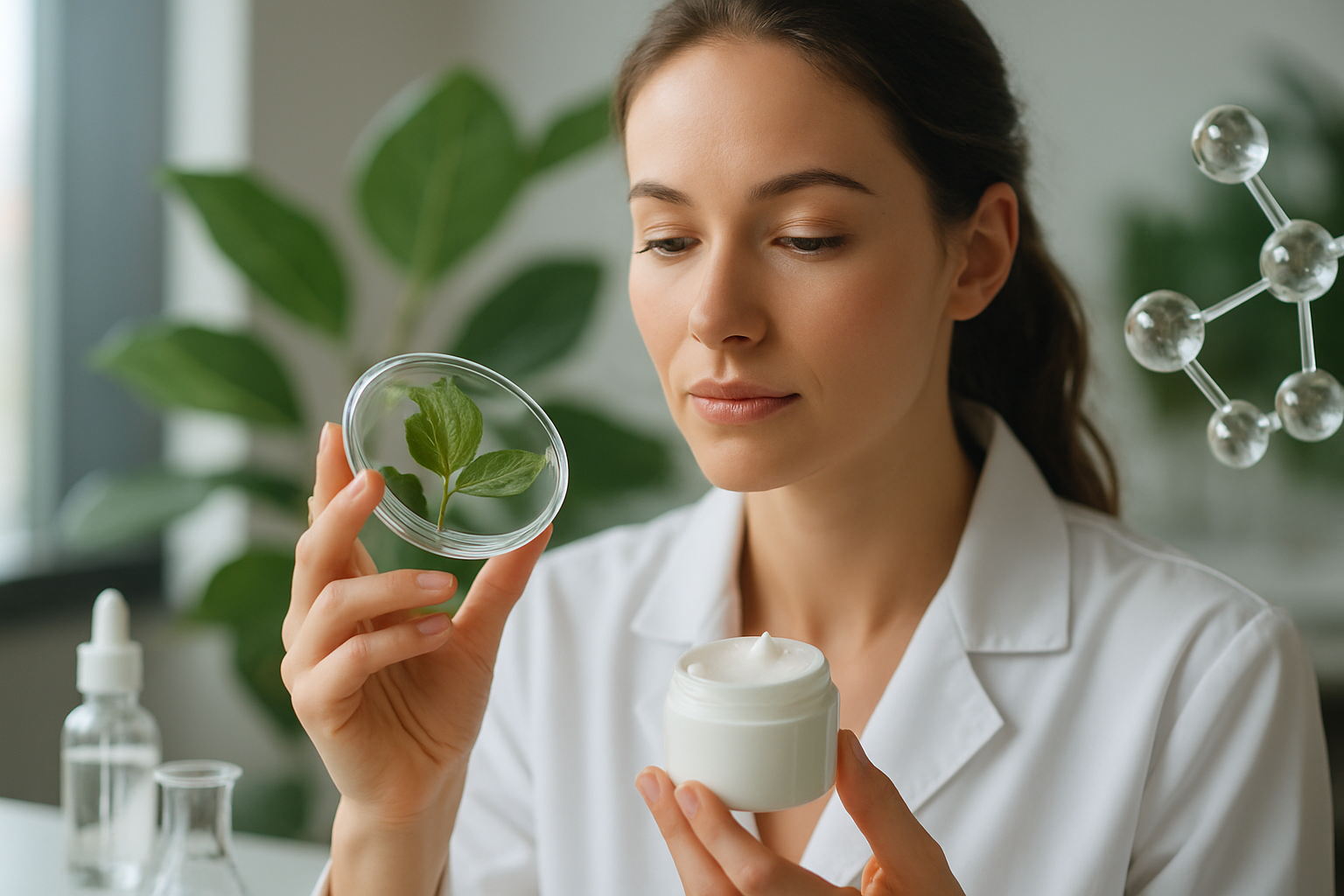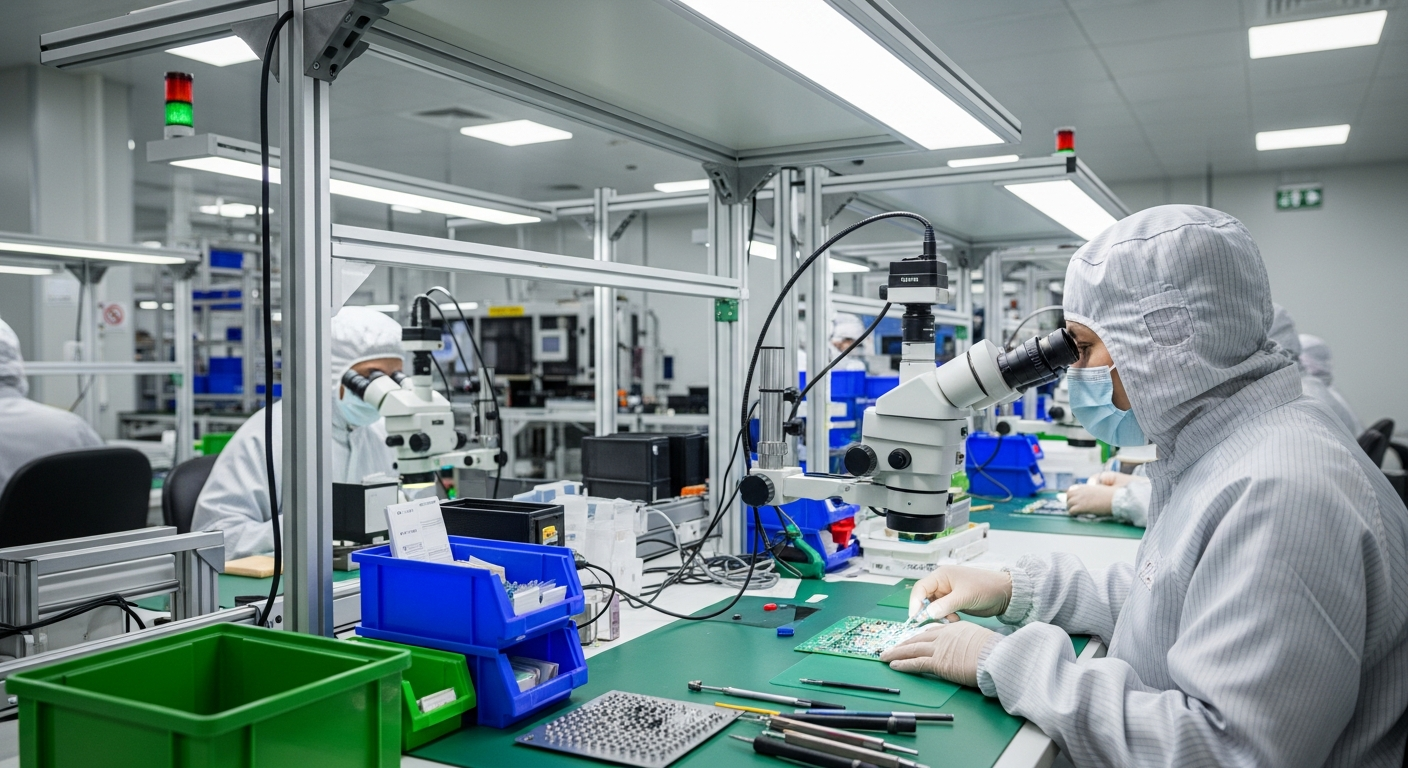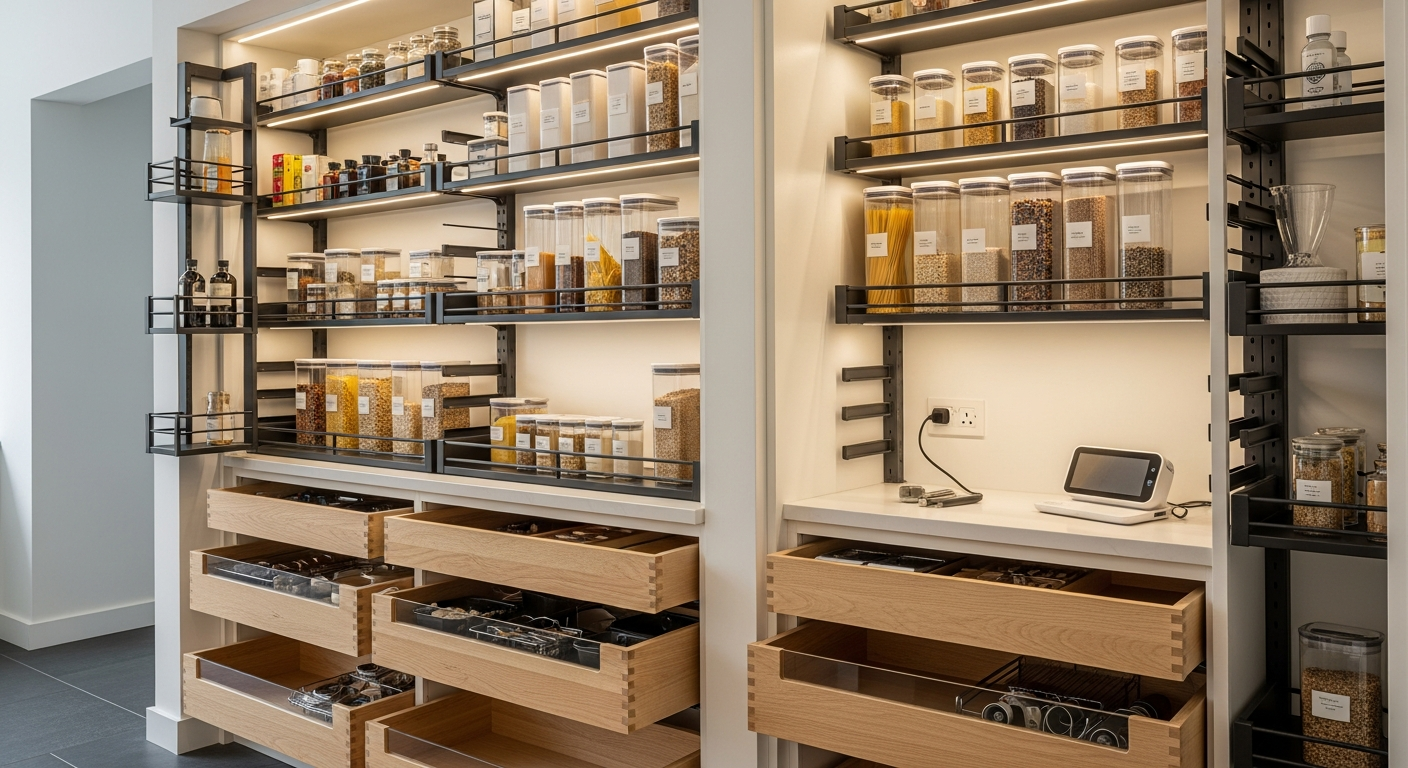Bioactive Peptides: The Next Frontier in Skincare
The beauty industry is constantly evolving, with new ingredients and technologies emerging to revolutionize skincare routines. Among these innovations, bioactive peptides have recently garnered significant attention from dermatologists, cosmetic chemists, and skincare enthusiasts alike. These powerful molecules are poised to transform the way we approach skin health and aging. Bioactive peptides offer a promising blend of science-backed efficacy and natural derivation, appealing to consumers seeking both results and clean beauty solutions. As research continues to unveil their potential, bioactive peptides are quickly becoming a cornerstone of advanced skincare formulations, promising to address a wide range of skin concerns with unprecedented precision.

The efficacy of bioactive peptides lies in their ability to mimic the skin’s natural signaling molecules. When applied topically, these peptides can trigger various cellular processes, including collagen production, cell renewal, and inflammation reduction. This targeted approach allows for more precise and effective skincare treatments compared to traditional ingredients.
Research has identified several categories of bioactive peptides, each with unique functions:
-
Signal peptides: These stimulate collagen and elastin production.
-
Enzyme inhibitor peptides: They block the enzymes responsible for breaking down collagen.
-
Carrier peptides: These deliver trace minerals to the skin, essential for healing and collagen production.
-
Neurotransmitter inhibitor peptides: They work to relax facial muscles, potentially reducing the appearance of wrinkles.
Historical Context and Development
The use of peptides in skincare is not entirely new, but recent advancements in biotechnology have significantly expanded their potential. The journey of bioactive peptides in cosmetics began in the 1980s with the discovery of Matrixyl, a peptide that stimulates collagen production. This breakthrough opened the door for further research into peptide-based skincare solutions.
Over the past few decades, scientists have identified and synthesized numerous peptides with specific skin benefits. The ability to create custom peptide sequences has allowed for the development of highly targeted treatments for various skin concerns, from hyperpigmentation to acne.
The evolution of bioactive peptides in skincare has been marked by several key milestones:
-
Improved delivery systems, enhancing peptide penetration into the skin
-
Development of multi-functional peptide complexes
-
Integration of peptides with other active ingredients for synergistic effects
-
Advancements in peptide stability, increasing product shelf life and efficacy
Current Industry Trends and Market Impact
The rise of bioactive peptides has coincided with growing consumer demand for science-backed, results-driven skincare. This trend has led to a surge in peptide-based products across various price points, from high-end luxury brands to more accessible mass-market options.
Market research indicates that the global peptide-based cosmetics market is expected to grow significantly in the coming years. Factors driving this growth include:
-
Increasing consumer awareness of ingredient efficacy
-
Rising demand for anti-aging solutions
-
Advancements in peptide technology and production methods
-
Growing preference for natural and clean beauty products
Industry experts note that bioactive peptides are particularly appealing to consumers seeking alternatives to more invasive cosmetic procedures. These ingredients offer the promise of visible results without the need for injections or surgery, positioning them as a bridge between traditional skincare and medical aesthetics.
Benefits and Applications in Skincare
The versatility of bioactive peptides makes them suitable for addressing a wide range of skin concerns. Some of the primary benefits and applications include:
-
Anti-aging: Stimulating collagen production and reducing the appearance of fine lines and wrinkles
-
Skin firming and tightening: Improving skin elasticity and overall texture
-
Hydration: Enhancing the skin’s natural moisture barrier
-
Brightening: Reducing hyperpigmentation and evening out skin tone
-
Acne management: Regulating sebum production and reducing inflammation
-
Sensitive skin care: Providing gentle yet effective treatment options
Cosmetic chemists are continually exploring new ways to harness the power of bioactive peptides. Recent innovations include:
-
Customized peptide blends tailored to individual skin types and concerns
-
Encapsulation technologies for improved stability and delivery
-
Combination of peptides with other active ingredients like antioxidants and growth factors
-
Development of peptide-infused skincare devices for enhanced penetration and efficacy
Challenges and Future Directions
While the potential of bioactive peptides in skincare is immense, there are still challenges to overcome. One of the primary concerns is ensuring consistent efficacy across different formulations and skin types. Researchers are working to develop more stable peptide molecules and improved delivery systems to address this issue.
Another area of focus is the development of more sustainable and eco-friendly peptide production methods. As consumer demand for clean and green beauty continues to grow, the industry is exploring ways to synthesize peptides using plant-based and biotechnological approaches.
Looking ahead, the future of bioactive peptides in skincare appears bright. Emerging areas of research include:
-
Personalized peptide formulations based on individual genetic profiles
-
Integration of artificial intelligence to predict peptide efficacy and optimize formulations
-
Exploration of new peptide sources, including marine organisms and extremophiles
-
Development of multi-functional peptides that can address multiple skin concerns simultaneously
As our understanding of skin biology and peptide chemistry continues to evolve, we can expect to see even more innovative and effective skincare solutions emerge. Bioactive peptides represent a promising frontier in the quest for healthier, more radiant skin, offering a unique blend of scientific rigor and natural inspiration that resonates with today’s discerning beauty consumers.






